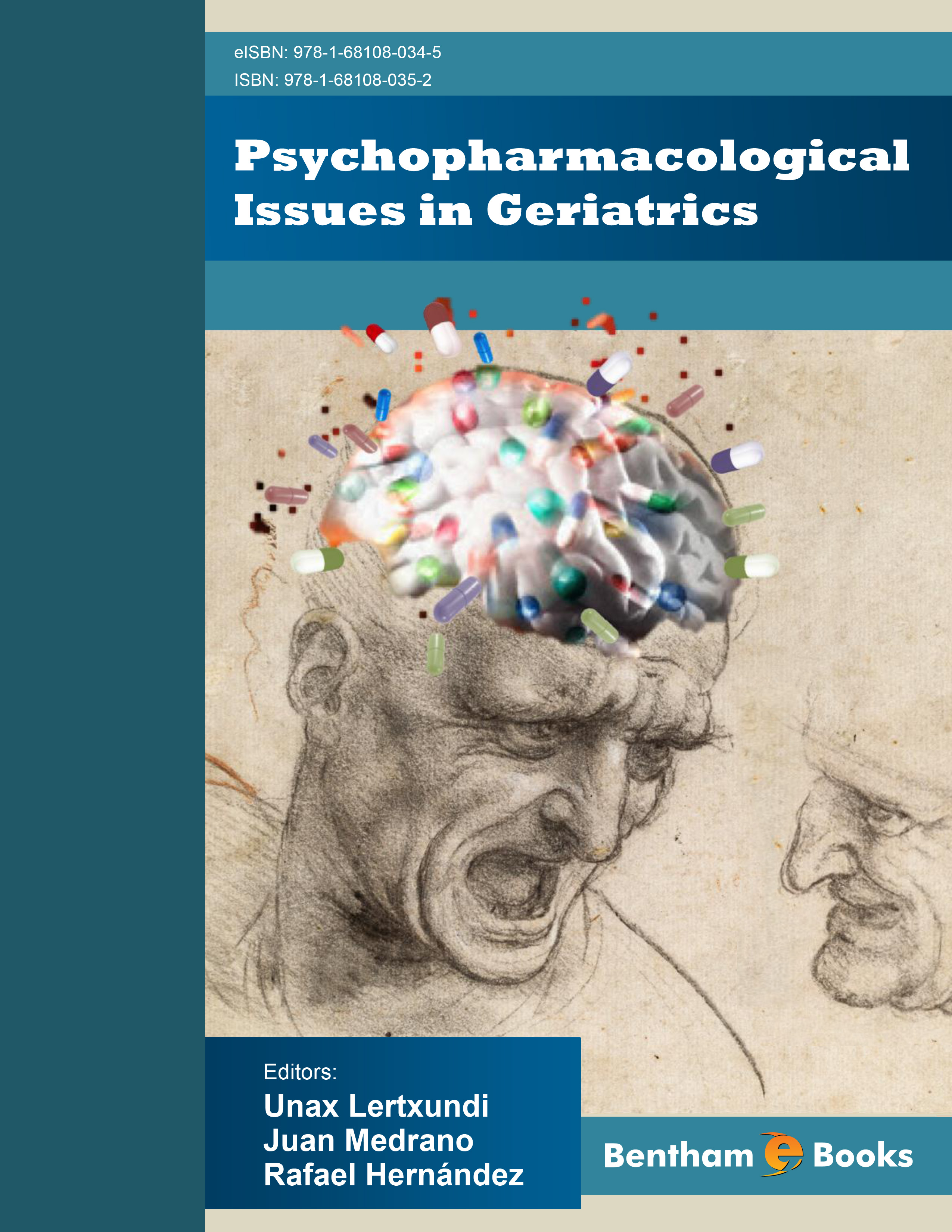Introduction
Demographic changes due to improved life expectancy and access to medical care has increased the number of people aged 65 years and beyond. This raises an important new challenge for healthcare professionals. Changes in organ functions, homeostatic mechanisms and receptor responsiveness impair drug distribution, metabolism and excretion, and reduce the effectiveness of medicines among geriatric patients. As a consequence, management of medical regimens is much more challenging in the elderly than in younger adult patients. Elderly patients are also more susceptible than other age groups to certain drug-drug interactions, drug-disease interactions and adverse drug reactions owing to the number of drugs administered.
Polypharmacy and potentially inappropriate medication is a common finding in the elderly healthcare and it is considered a public health issue related to morbidity, mortality and health care resource use.
Psychopharmacological Issues in Geriatrics
can be regarded as a ‘pharmacovigilance’ manual for elderly patients as it presents recommendations for geriatric prescription with specific considerations.
The book also provides a comprehensive review of specific classes of psychopharmacological agents used to treat geriatric patients, including antipsychotics, anxiolytics, hypnotics and mood stabilizers. The book is intended as a handbook for general medical and nursing practitioners.

